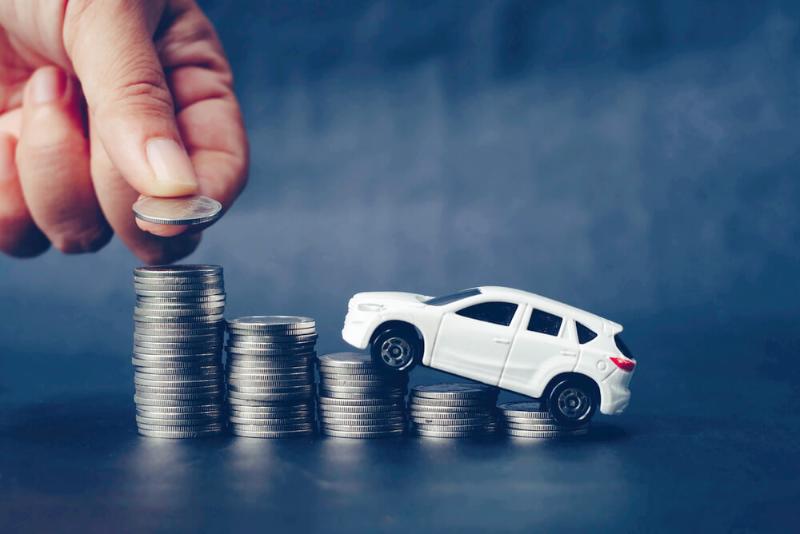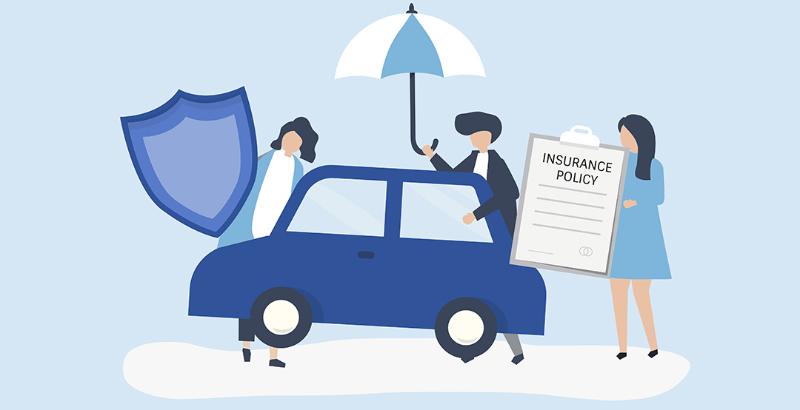Car insurance is essential if you have a car and usually use it for your daily activities. If you never apply for car insurance, you must equip yourself with information about it. You need to know other crucial things related to it like what does excess mean in car insurance, how it works, and how to pay it.
Spending your money on car insurance seems like adding a burden to your savings but it is beneficial in the long run. It allows you to avoid immense costs when unexpected events happen and affect your car. Not to mention, if the car prices are very expensive like when you live in Singapore.
If you live in Singapore, it is obligatory to have car insurance. It is illegal to drive while you do not own a valid insurance policy that can cover a third-party physical injury. Below is a simple guide to help you understand anything about what does excess mean in car insurance and how you can save more money with it.
Things to Know about Car Insurance Excess
The insurance company likely sets a standard excess amount or deductible you must pay on your claims when you purchase car insurance. Some people may still be less familiar with what does excess mean in car insurance. You can get to know more about it from the following explanation.
1. What does excess insurance mean?

Car insurance excess denotes a payment you must conduct when you claim car insurance and the insurer accepts it. It refers to an initial amount of claim that the car insurer will not pay. You will know the excess amount when you renew the insurance policy and use the money for the car’s repair or replacement.
To help you understand more what does excess mean in car insurance, you can see the following example. For instance, the insurance excess is $700 and your repair claim is $1,700. It means that you must pay $700 and the insurer will pay on your behalf for the remaining $1,000.
Car insurance excess aims to reduce the number of claims that need to pay by the insurer. It helps cover the replacement or repair costs of the insured car. Therefore, it keeps the insurance policies remain affordable because you share the payment costs with the insurer.
Aside from what does excess mean in car insurance, it is essential to know why you have to pay for car insurance excess. It can prevent people from making frequent claims for small things. Excess allows the insurer to take part in insuring the car as their responsibility to the car owner.
2. Different types of insurance excess

After knowing about what does excess mean in car insurance, you should know different types of excess. You may discover different excess types among car insurance providers. However, below are some popular excess types you usually find.
· Standard excess
What does excess mean in car insurance with standard type is a certain amount of money you must pay for all claims except when the insurance company does not apply any excess. The insurer will calculate the standard excess based on your car, address, policy type, and claim history.
· Voluntary excess
Knowing the excess type helps you understand anything related to what does excess mean in car insurance deeper. Another type is voluntary excess which denotes a certain amount of money to pay above the standard excess according to the type of car coverage you have.
Choosing a higher excess enables you to reduce the number of regular premium payments. Like its name, you can select the payment based on the amount you can afford.
· Driver history excess
This excess works if listed drivers have problems with their licenses. What does excess mean in car insurance based on driver history refers to any cancellation, disqualification, restriction, or suspension of a driver’s license within 3 years before the insurance time of the car.
Then, the excess applies when the owner uses the car or is in charge of the car when any incident happens. Therefore, you still can benefit from this excess after the car is insured.
· Age excess
What does excess mean in car insurance of age denotes an extra excess applied to drivers under 25 years old. This excess applicable to the driver whether he uses, drives, or is in charge of the car when the accident occurs. This excess is also valid for people under 25 who are still learning to drive a car.
Age access might complement other excesses on the application. Hence, what does excess mean in car insurance by age cost? The excess payment will be lower if the driver appears on the policy list.
· Inexperienced driver excess
What does excess mean in car insurance for inexperienced means a driver excess need to pay by a 25-years-old driver or older who obtained the license at least two years. Similar to age excess, this type is valid for learner drivers over 25 years old.
The amount of inexperienced driver excess payment can be lower if the driver belongs to the policy list instead of not having an insurance certificate.
3. When to pay car insurance excess?

Aside from what does excess mean in car insurance, it is necessary to know when to pay the excess. You must pay the excess when you or other people covered by insurance drive the car and cause an accident. You also pay the excess if the car is damaged even when there is no one at fault.
Several claims will cause extra excesses together with a standard and voluntary excess while other claims do not cause any excess at all. Hence, you must choose the claim carefully.
Knowing what does excess mean in car insurance is essential but you should learn other things related to excess. Knowing the type of excess and choosing the claim based on your situation and budget enables you to save in the long run.
You can consider insurance policies with affordable or flexible excess. Even if the premium is high, you will not experience financial loss when a sudden accident happens on the road.
